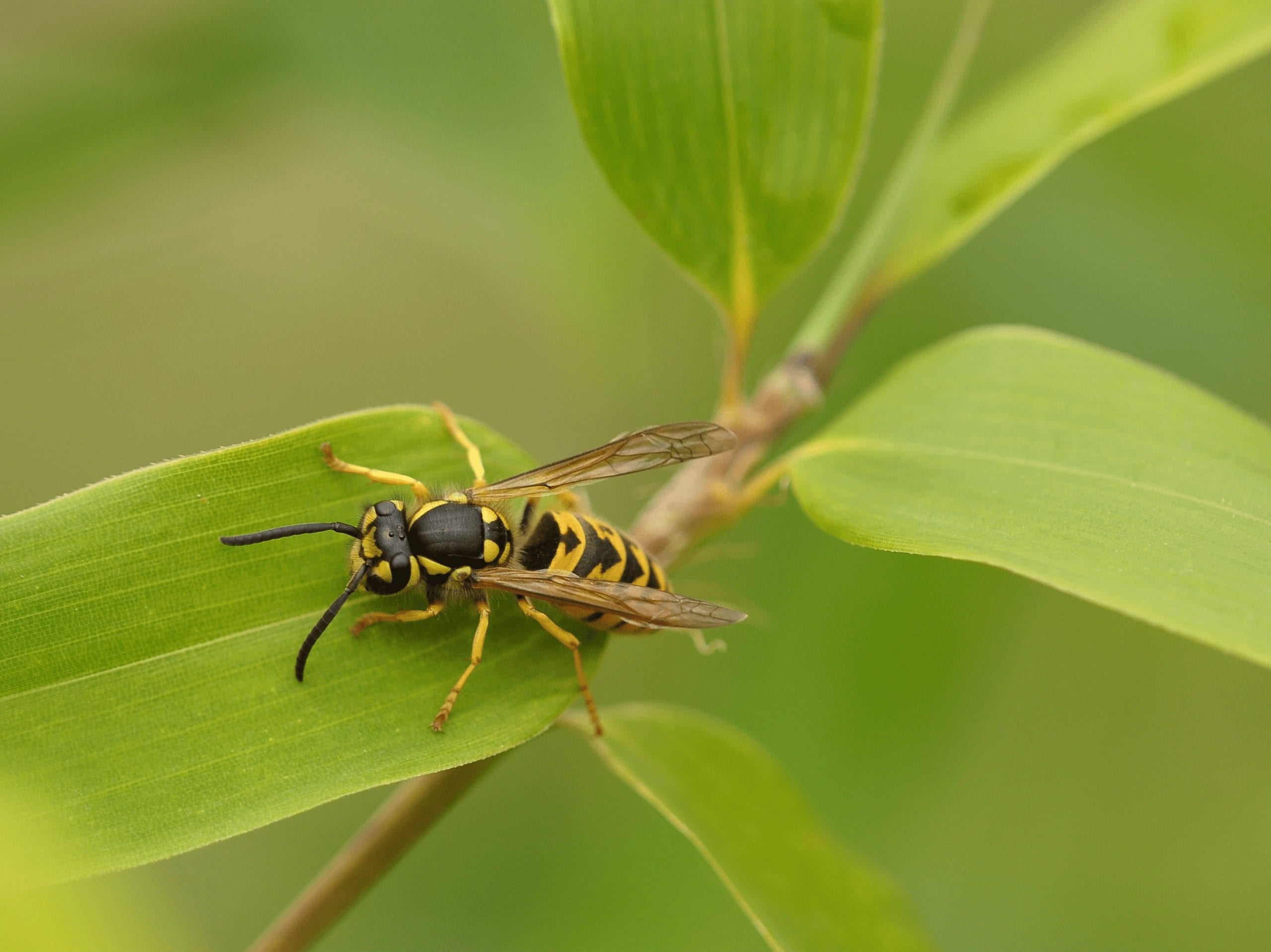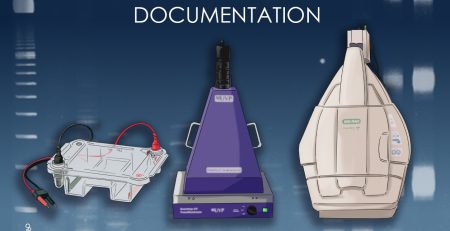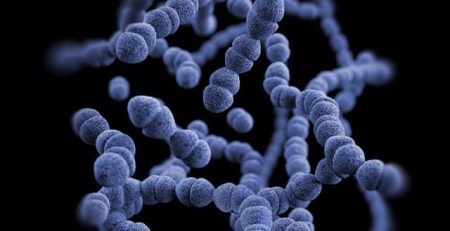The Future of Antibiotics May Lie in Wasp Venom
Researchers from the Massachusetts Institute of Technology (MIT) believe the solution to the impending antibiotic resistance rise of infection may lie in wasp venom. Lead author Marcelo Der Torossian Torres explains that the “many small protein molecules found in wasp venom can kill species of bacteria that are pathogenic to humans” and “modified versions of these peptides show exciting potential for development of new antibacterial agents,” IFLScience.com reported.
A recent article in Nature Communications Biology outlines the process in which the researchers analyzed the antimicrobial peptides (AMPs) found in the venom of South American wasps, testing them all against classic bacterial species.
The AMP they found responded best to the bacteria is an AMP known as Pol-CP-NH2. They then began to alter its structure “to see if they could create a version that is both effective against bacteria and harmless to human cells.” Then, several variants as well as Pol-CP-NH2 in its naturally occurring form were tested on mice who had been infected with a common bacteria that may cause respiratory and urinary tract infections in humans.
“After four days, that compound can completely clear the infection, and that was quite surprising and exciting because we don’t typically see that with other experimental antimicrobials or other antibiotics that we’ve tested in the past with this particular mouse model,” study author Cesar de la Fuente-Nunez said in a statement.
The researchers have since continued their research and have begun testing other variants.














